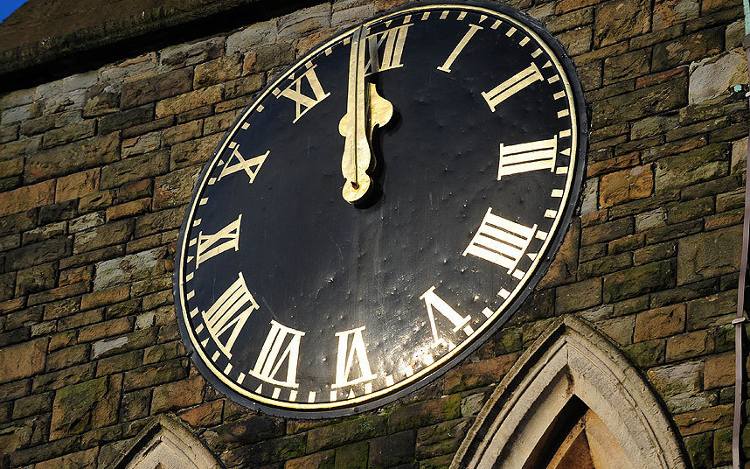The project developed 'death alarm clock' to predict the age of death
British scientists work with insurance companies to develop an algorithm that calculates when a person dies based on a history of illness and lifestyle.

Scientists aiming at the development of art can help calculate the time of death based on medical history and lifestyle.(Photo: Wales News Service)
According to the Telegraph, University of East Anglia (UEA), UK, is conducting a 4-year research program using a Big Data medical database to determine longevity and long-term illness . This project received a $ 1.1 million grant from the Institute of Statistics and brought together experts from the British insurance group Aviva.
" People around the world are living longer, " said Professor Elena Kulinskaya from UEA's School of Computer Science, who led the research. " We want to develop software tools that use Big Data data collected periodically by health care agencies to predict life expectancy ."
" We want to identify and assess the key factors affecting mortality and life expectancy, such as lifestyles, health status and medical interventions. We are particularly interested in understanding these types of diseases. How chronic diseases and associated treatments affect life expectancy , "Kulinskaya said.
While many people do not want to know how long they will live, the team claims the project will bring practical benefits in the financial and medical fields, such as helping people plan retirement and understand their work. dynamics of some drugs to life expectancy . In addition, the project is also very useful for local health agencies or insurance companies in planning resource allocation and product package delivery.
- Alarm clock history
- Intelligent alarm clock
- Alarm clock with scent
- Discharge alarm clock
- Video: The world's most rude alarm clock
- With this alarm clock, you will always be ready to wake up tirelessly
- Why do we wake up before the alarm bell?
- Philips introduces the sunshine light
- The device helps you sleep well and the alarm clock
- Wrist watch countdown death
- 5 celebrities soon accurately predicted their death
- Detecting biological clock predicting human life expectancy
 'Fine laughs' - Scary and painful torture in ancient times
'Fine laughs' - Scary and painful torture in ancient times The sequence of numbers 142857 of the Egyptian pyramids is known as the strangest number in the world - Why?
The sequence of numbers 142857 of the Egyptian pyramids is known as the strangest number in the world - Why? History of the iron
History of the iron What is alum?
What is alum?